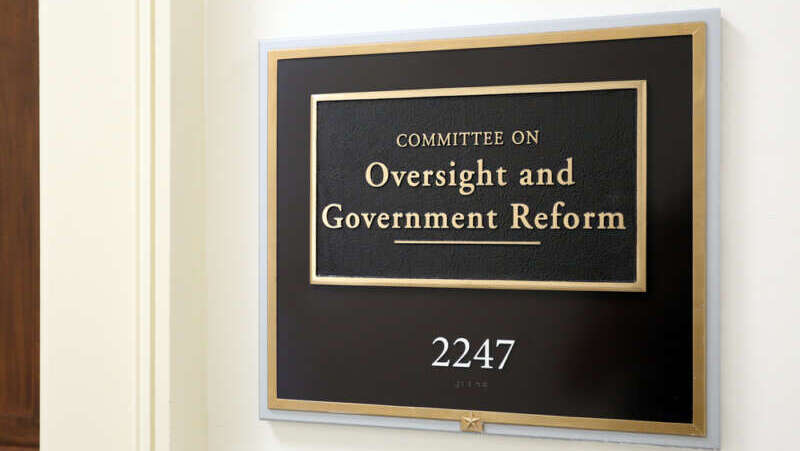
Representatives on the House Oversight Subcommittee on Government Operations unveiled a new fraud prevention section of a scorecard today, used to track the Department of Defense’s (DoD) progress toward a clean financial audit, which continues to remain elusive.
“We have talked about fraud prevention for many years, so I am very excited to see a method to track progress in preventing fraud in the areas of procurement and contracting,” said Subcommittee Chairman Pete Sessions, R-Texas, in opening statements. “Strong financial management systems are an important part of fraud prevention. What we’ve seen over the years is that DoD has struggled maintaining and updating these systems.”
The update comes to a DoD financial management scorecard developed in September by subcommittee members and the Government Accountability Office (GAO) to track the department’s progress toward a clean audit.
The Defense Department has appeared on the GAO’s ‘High Risk List’ since 1995, according to a report from the Federal watchdog last fall – a long-standing challenge made even more difficult by ongoing struggles to modernize its IT systems for improved financial management.
“Rather than continuing to say that DOD isn’t doing a good job making progress towards achieving a clean audit, we wanted something that would show us if they were getting better or worse,” said Rep. Sessions about the scorecard.
In a new report out today, GAO said that between fiscal years 2017 through 2024, the DoD confirmed around $10.8 billion in fraud noting that the “full extent of fraud affecting DOD is not known but is potentially significant.”
That figure adds to the Defense Department’s broader struggles with financial management. It remains the only Federal agency yet to pass a comprehensive audit and has not secured a clean audit since 2018.
“There have been seven … straight audits that have been failed by the Department of Defense,” said Rep. Kweisi Mfume, D-Md., the subcommittee ranking member. “I want to be deliberately redundant about this because that number – every time I say it – continues to strike a great deal of horror at me that it happens and continues to happen.”
However, in a notable exception, the U.S. Marine Corps received a clean audit for fiscal years 2023 and 2024 after adopting a two-year audit approach.
Lt. General James Adams III, deputy commandant for programs and resources of the Marines, told lawmakers during the hearing that one of the greatest challenges still facing the Marines is the modernization of its business IT infrastructure.
“Unmodified opinions are difficult to earn, they require rigorous internal controls, meticulous record keeping, and transparent financial reporting,” said Lt. Adams. “We remain committed to continuous improvement [of] our financial management practices, recognizing that an unmodified opinion is hard won but easily lost.”
“Sustaining audit success within DoD requires recognizing that we cannot operate in silos, the Defense Department presents a complex audit environment characterized by numerous IT systems, varying operational procedures, and common deficiencies across components,” he continued.
Brett Mansfield, deputy inspector general for audit at DoD’s Office of Inspector General, emphasized Lt. Adam’s urge for system modernization, while adding that the DoD needs accountability at all levels. He said the DoD needs to implement consistent policies and procedures for accounting that align with systems’ capabilities.
Rep. Mfume also pointed out that the Defense Department doesn’t currently have a chief financial officer (CFO), saying that he’d “like to think that we’re going to have a CFO over there” but noted there is no current nominee.
He also argued that taxpayers deserve better use of their tax dollars, referring to the Trump administration’s asserted efforts to improve the efficient use of Federal taxes, largely carried out through the Department of Government Efficiency (DOGE).
President Donald Trump had remarked earlier this year that he had directed DOGE to focus its efforts on cutting military expenditures and improving efficiency at the DoD.
“You can take on a chainsaw and go through agencies, but you can’t find a way to force DoD to come up with an audit – I don’t understand that,” said Rep. Mfume. “Life is too short to play these games, the public deserves more, we all deserve more than this.”
